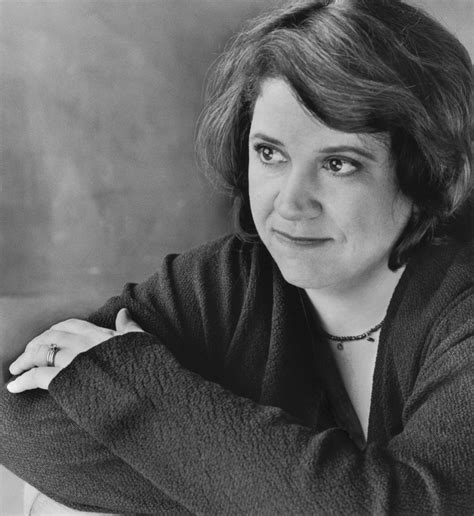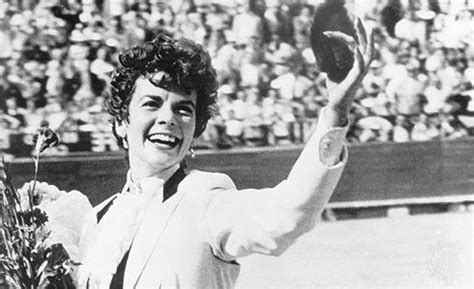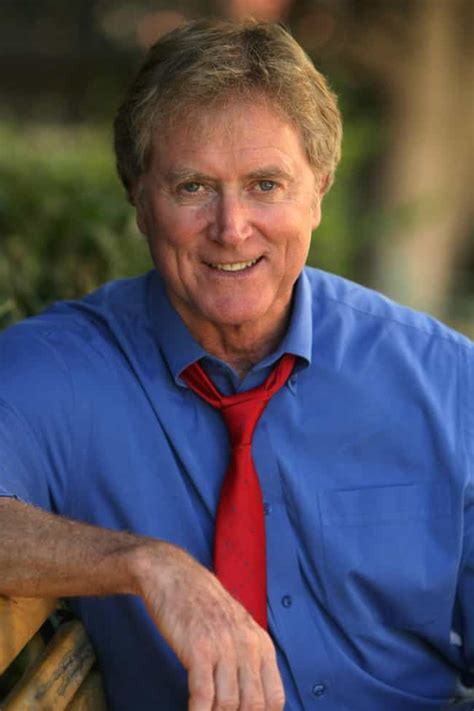A Quote by Jean Dubuffet
I took a great deal of pleasure in it, and I still feel nostalgic about it. However, I felt that it had led me to live in a parallel world of pure invention, shut inside my solitude. Naturally, it was precisely for that purpose that it was made and that was why I took pleasure in it, but I wanted to regain body and roots.
Related Quotes
In the world of the dreamer there was solitude: all the exaltations and joys came in the moment of preparation for living. They took place in solitude. But with action came anxiety, and the sense of insuperable effort made to match the dream, and with it came weariness, discouragement, and the flight into solitude again. And then in solitude, in the opium den of remembrance, the possibility of pleasure again.
She followed the pleasure where it led. She had no weight, no name, no thoughts, no history. Then came a burst of phosphorescence, as though a firework had discharged behind her eyes, and it was over. She felt quiet and warm. For the first conscious moment of her life, her mind was free from wonder, free from worry, free from work or puzzlement. Then, from the middle of that marvelous furred stillness, a thought took shape, took hold, took over. I shall have to do this again.
Cycling is so hard, the suffering is so intense, that it’s absolutely cleansing. The pain is so deep and strong that a curtain descends over your brain….Once; someone asked me what pleasure I took in riding for so long. ‘PLEASURE???? I said.’ ‘I don’t understand the question.’ I didn’t do it for the pleasure; I did it for the pain.
Lenten practices of giving up pleasures are good reminders that the purpose of life is not pleasure. The purpose of life is to attain to perfect life, all truth and undying ecstatic love - which is the definition of God. In pursuing that goal we find happiness. Pleasure is not the purpose of anything; pleasure is a by-product resulting from doing something that is good. One of the best ways to get happiness and pleasure out of life is to ask ourselves, 'How can I please God?' and, 'Why am I not better?' It is the pleasure-seeker who is bored, for all pleasures diminish with repetition.
For so long, it was just my secret. It burned inside me, and I felt like I was carrying something important, something that made me who I was and made me different from everybody else. I took it with me everywhere, and there was never a moment when I wasn't aware of it. It was like I was totally awake, like I could feel every nerve ending in my body. Sometimes my skin would almost hurt from the force of it, that's how strong it was. Like my whole body was buzzing or something. I felt almost, I don't know, noble, like a medieval knight or something, carrying this secret love around with me.
We have no knowledge, that is, no general principles drawn from the contemplation of particular facts, but what has been built up by pleasure, and exists in us by pleasure alone. The Man of Science, the Chemist and Mathematician, whatever difficulties and disgusts they may have had to struggle with, know and feel this. However painful may be the objects with which the Anatomist's knowledge is connected, he feels that his knowledge is pleasure; and where he has no pleasure he has no knowledge.
... the man took my passport and asked me the purpose of my visit, I wrote in my daybook, 'To mourn,' and then, 'To try to live,' he gave me a look and asked if I would consider that business or pleasure, I wrote, 'Neither.' 'For how long do you plan to mourn and try to live?' I wrote, 'For the rest of my life.
At the heart of our desires is eternal happiness without the slightest hint of misery. You could say that we are pleasure seekers; however, seeking pleasure from the objects of our five senses produces fleeting moments of pleasure whereas, pleasure of one's self, a soul, is eternal and ever-increasing pleasure.








































